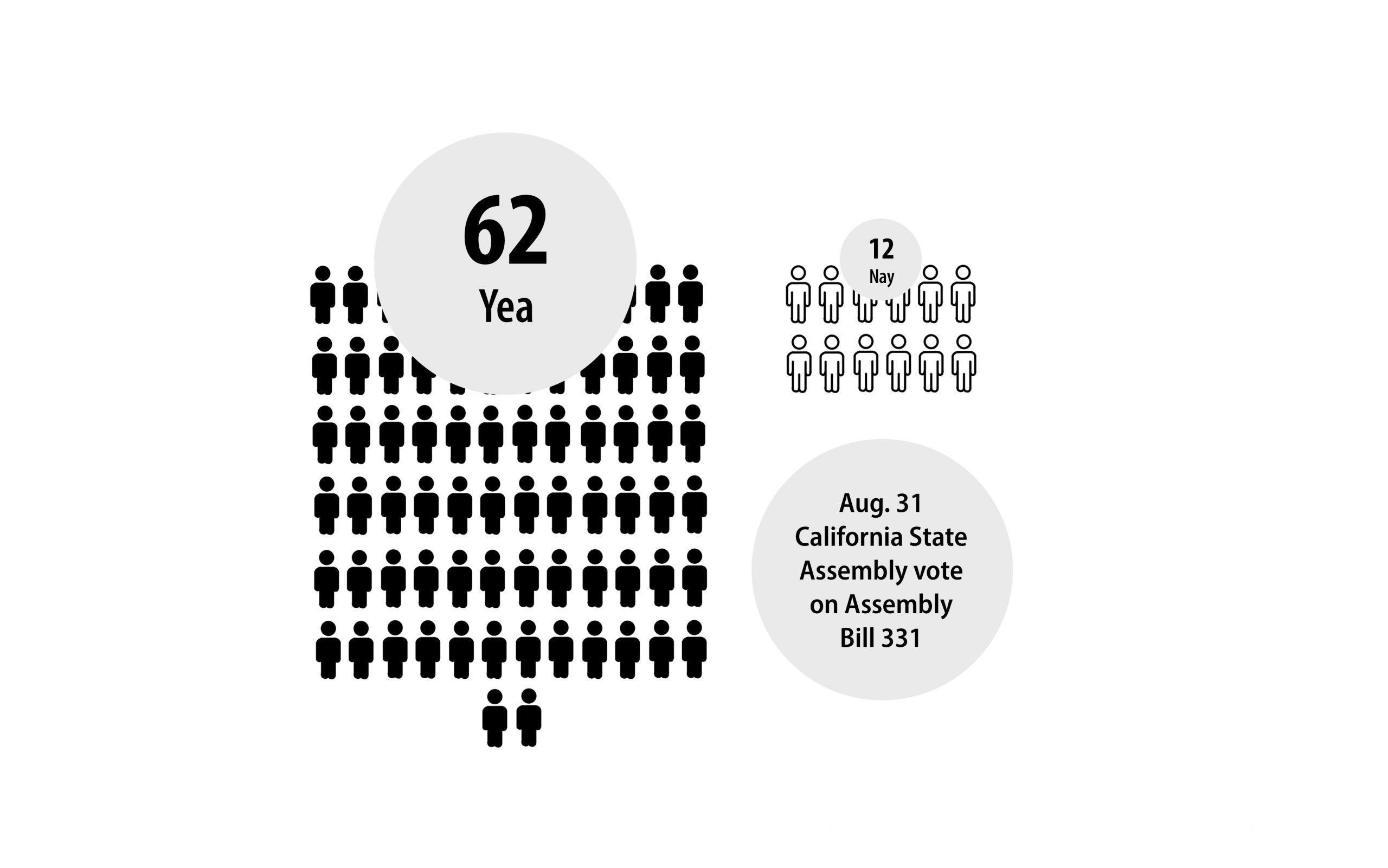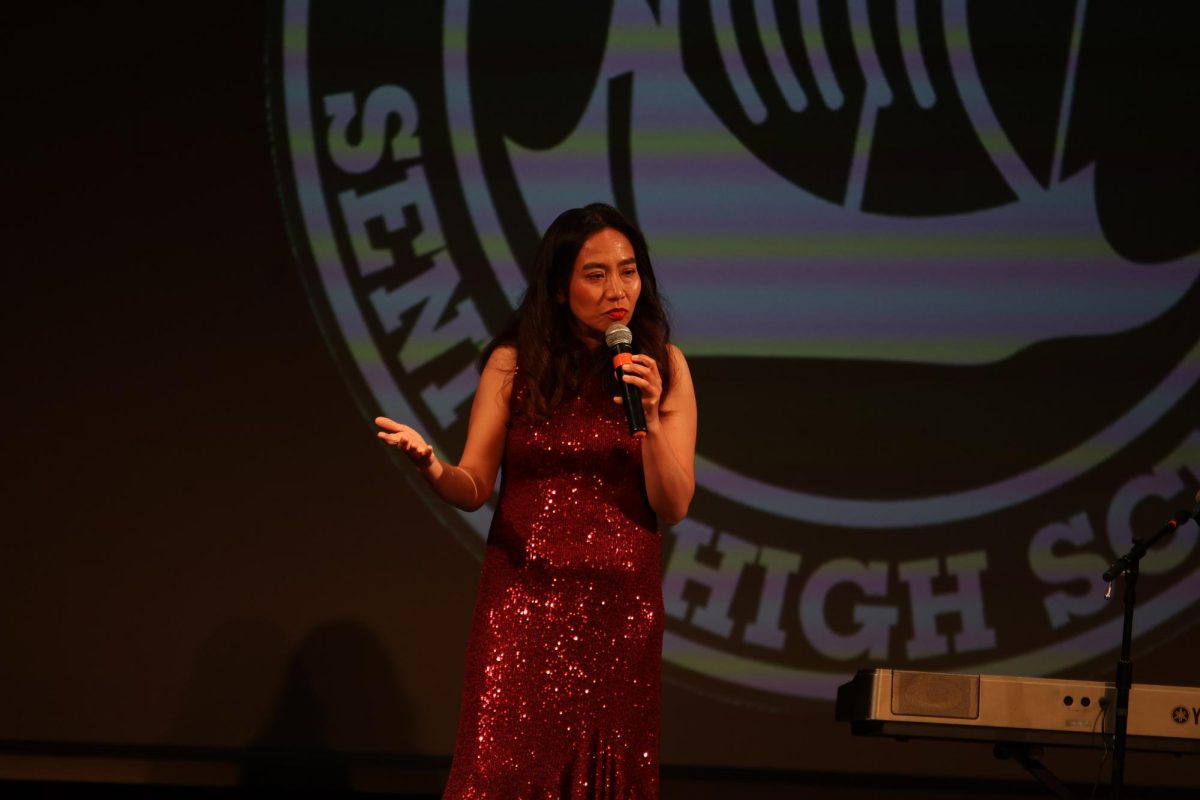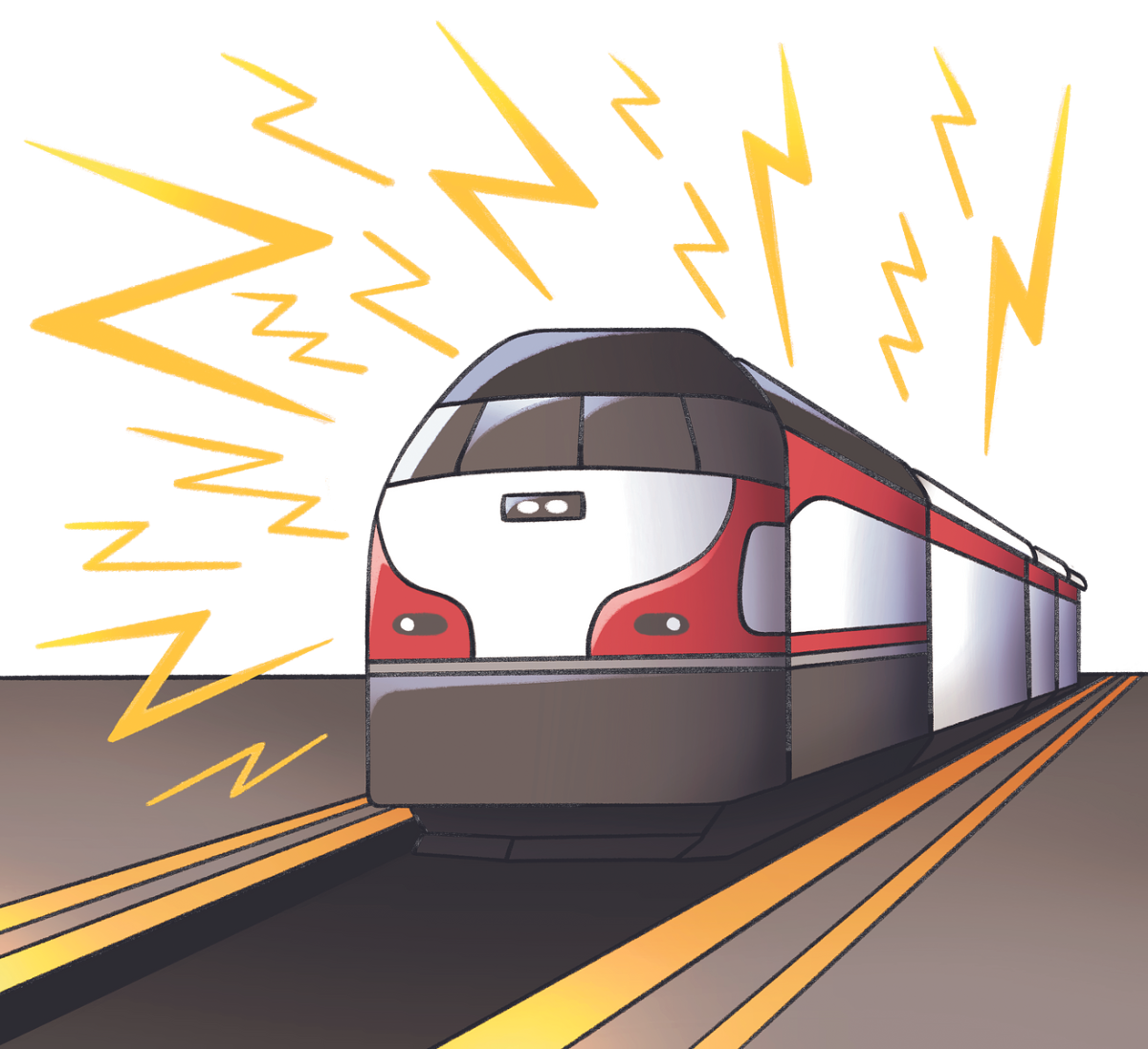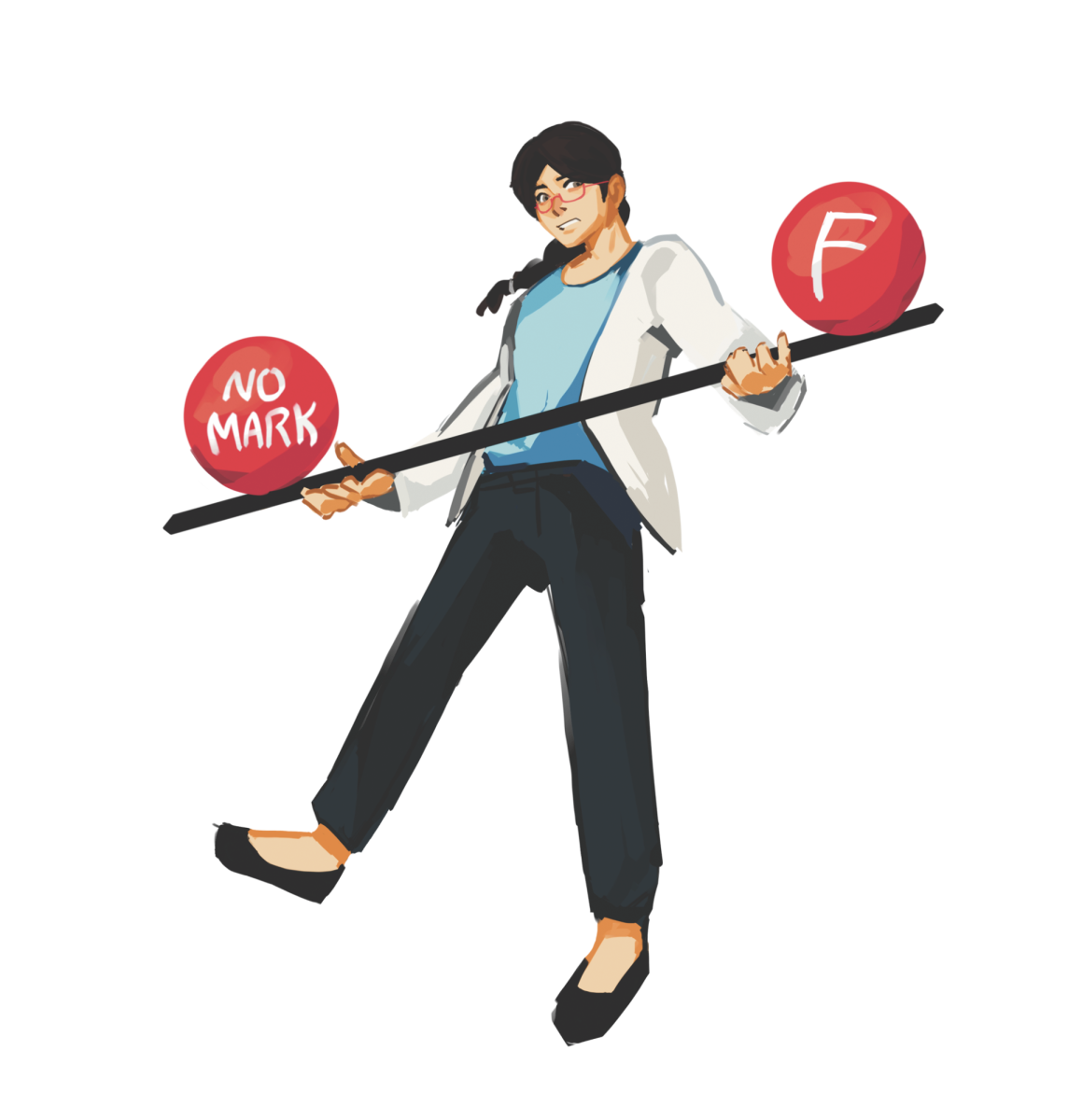As more Americans begin to question commonly accepted cultures, systems and norms for their bias against marginalized groups, some of the country’s seemingly most trivial practices — no matter their scope — have been turned on their heads; Paly’s classrooms will most likely not be exempt from such changes.
The California State Legislature is currently awaiting Gov. Gavin Newsom’s signature on Assembly Bill 311, a bill that would require all California students take a one-semester Ethnic Studies course before they graduate high school. If Newsom signs the bill, the course will become a graduation requirement by 2029.
Paly offers an Ethnic Studies course as a social science elective for juniors and seniors, and it focuses on the experiences of different racial, ethnic, social and economic groups in the context of US history. However, the implementation of AB 331 would make the course required.
Paly history and Ethnic Studies teacher Justin Cronin believes the class is of great value to students.
“It’s a large world with a lot of different people and perspectives, and if you’re taught history the traditional way, then you lose out on a lot of perspectives,” Cronin said. “So what happens when the rubber hits the road and you have to deal with people who don’t look like you, have a background like you or have experiences like you?”
Other teachers say an Ethnic Studies requirement would benefit Paly’s social science curriculum. Paly social studies teacher Caitlin Evans described the course as “an incredible primer” for students learning US History.
Cronin also said an Ethnic Studies requirement could allow marginalized groups in the Paly community to have a better experience at school, saying “the course could let students of color feel empowered and see themselves in the narrative as something other than victims.”
Some, however, oppose California’s proposed expansion of the course. Junior Zach Leslie goes to school at the Jewish Community High School of the Bay and believes a required Ethnic Studies course could come at the expense of certain groups.
“(The curriculum) does not include Italians, Irish, Poles and other white ethnic groups, and it also still largely ignores Jews and Armenians,” Leslie said. “By focusing on (just African Americans, Latinos, Asian Americans and American Indians), the curriculum doesn’t take advantage of the opportunity to show how groups at the bottom of the social and economic ladder can rise to the top.”
In response to such criticisms, the California Department of Education says the curriculum has been revised to help alleviate the concerns of groups like the Jewish caucus.
“Based on stakeholder feedback, the CDE has recommended removing all language that can be perceived as anti-Semitic and has recommended a draft that provides resources educators can use to acknowledge California’s diversity,” said Jonathan Mendick, an information officer from California State Superintendent Tony Thurmond’s office.
California State Assemblymember Marc Berman, who represents Santa Clara County and is a member of the California Legislative Jewish Caucus, views such changes as “guardrails that prohibit the teaching of any curriculum that promotes bias, bigotry or discrimination.”
However, Berman still anticipates further changes to the curriculum before its approval by the CDE.
“While it is in a much better place than the initial draft, there are improvements that still need to be made,” Berman said. “It’s important that we all, legislators and concerned members of the public alike, remain vigilant and keep a close eye on the curriculum as it makes its way through the approval process.”
The prospect of expanding Ethnic Studies has garnered both controversy and enthusiasm. For Evans, requiring students to take an Ethnic Studies course before they graduate is a smart move.
“The idea that we’re all, equal, we’re all colorblind and that it doesn’t matter what color we are — that doesn’t work, and it has always caused huge problems,” Evans said. “But I think it’s really important that students learn about all of that early, and Ethnic Studies is a way for them to do that.”









